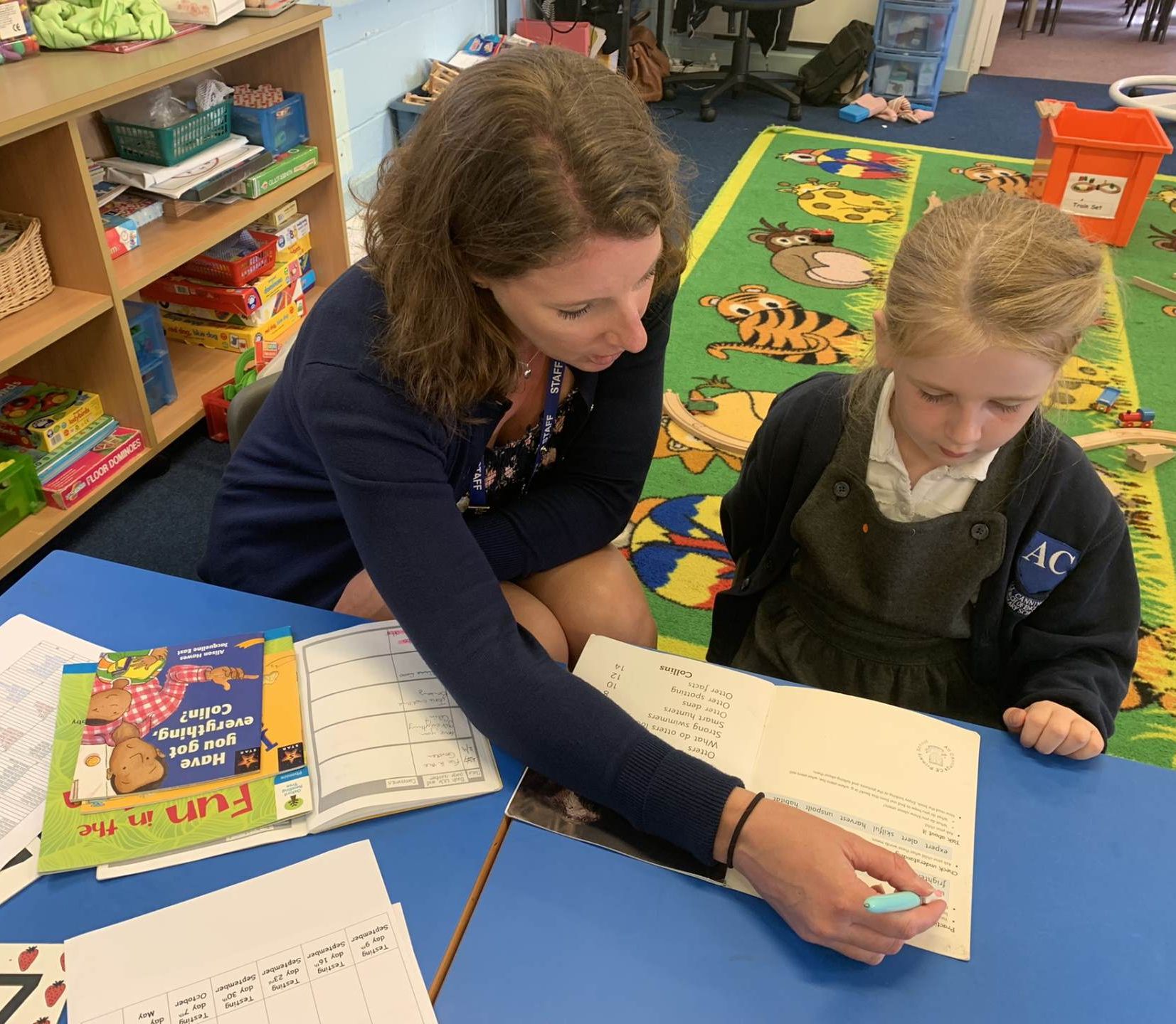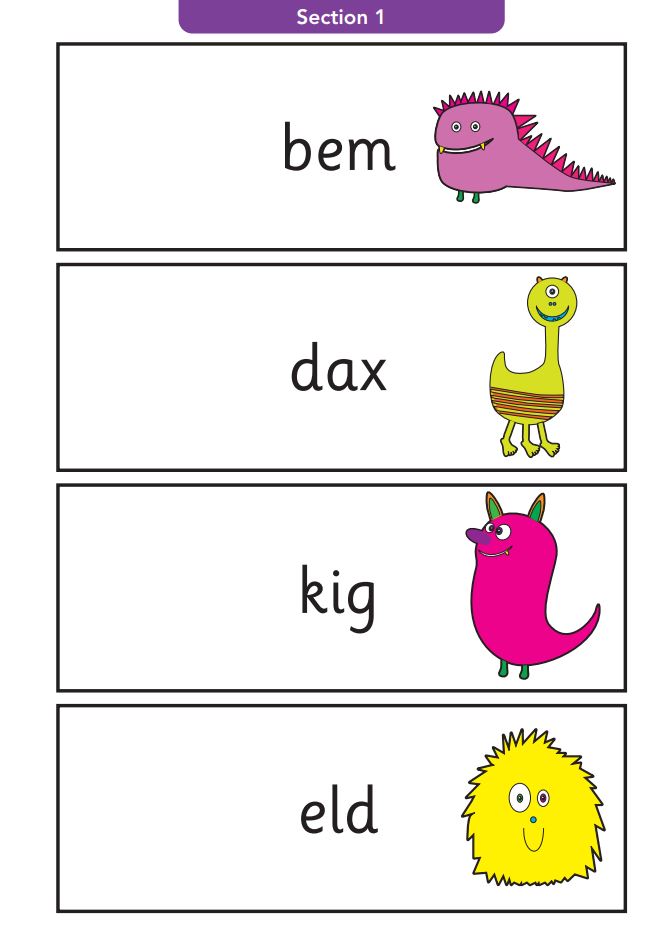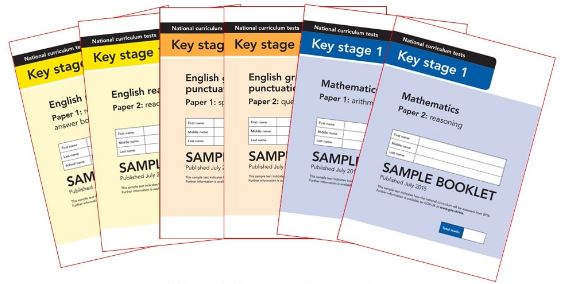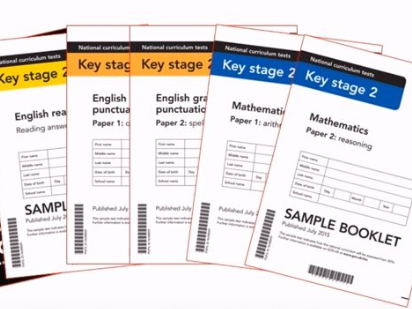Assessment
Children are assessed both formally and informally in a variety of ways, to inform future provision and to monitor and track progress: These include:
- Oral and written tests
- Discussions with the child
- Samples of the children’s work
- Observations by the teacher
Statutory Assessments:
Baseline Assessment
In September 2021, the RBA (Reception Baseline Assessment) was introduced by the Government for children starting school. This 'baseline check' was to assess each child's level of development at the beginning of their formal schooling in order to measure how they have progressed by the age of 11. The RBA is an age-appropriate assessment of early mathematics and literacy, communication and language. It is delivered in English and is administered within the first six weeks of a pupil starting reception.
The assessment has two components, each consisting of practical tasks using physical resources. There is an online scoring system for the practitioner to use as the pupil engages with the tasks. The RBA will be used to create school-level progress measures for primary schools which will show the progress pupils make from reception until the end of Key Stage Two. Once this Reception baseline is fully embedded, the KS1 assessments will become non-statutory; this was planned for 2022 or 2023 but will now be now be delayed.
Reception
Children in our Reception class follow the Early Years Foundation Stage curriculum (EYFS) which was updated from September 2021.
Your children will be learning new skills, acquiring new knowledge and demonstrating their understanding through seven areas of learning and development. Children should mostly develop the three prime areas first: - communication and language, physical development and personal social and emotional development. As children grow, these prime areas will help them develop skills in four specific areas: - literacy, mathematics, understanding the world and expressive arts and design. Children in the EYFS learn by playing and exploring, being active and through creative and critical thinking which takes place both indoors and outside.
In the final term of their Reception year an EYFS profile is completed by the class teacher for each child. This provides parents with a well-rounded picture of their child's knowledge and understanding and their progress against expected progress. The levels of development are assessed against the Early Years goals and will be expressed as 'emerging', 'expected' or 'exceeding'. Parents will be given a copy of the results.
Statutory Framework for the Early Years Foundation Stage – March 2021
Year 1
Children will have a statutory phonics test in June. This is a short assessment, first introduced in 2012, to confirm whether individual pupils have learnt phonic decoding to an appropriate standard. Results will be passed on to parents. It will identify children who need extra help so they are given support to improve their reading skills. They will then be able to retake the check so that schools can track pupils until they are able to decode.
The checks consist of 40 words and non-words that your child will be asked to read with a teacher. Non-words (or nonsense words, or pseudo words) are a collection of letters that will follow phonics rules your child has been taught, but don’t mean anything – your child will need to read these with the correct sounds to show that they understand the phonics rules behind them.
The 40 words and non-words are divided into two sections – one with simple word structures of three or four letters, and one with more complex word structures of five or six letters. The teacher administering the check with your child will give them a few practice words to read first – including some non-words – so they understand more about what they have to do. Each of the non-words is presented with a picture of a monster / alien, as if the word were their name (and so your child doesn't think the word is a mistake because it doesn't make sense!).
The pass threshold is usually 32. This year the phonics screening will be administered in the week commencing 12th June, 2023
Example Phonics Material from 2018
Example Phonics Material from 2019
Example Phonics Material from 2022
Year 2 (Key Stage 1)
The new National Curriculum was assessed for the first time in 2016. During the month of May, each year, pupils sit tests in English (Reading and Grammar, Punctuation and Spelling) and Maths (Arithmetic and Reasoning) which are set externally but marked internally. The number of correct answers are converted to a scaled score. A scaled score of 100 or above indicate that the child is working at the expected standard. Scaled scores range from 85 to 115 and the DfE is aiming for 85% of children to reach the required standard. Children will also be internally assessed in Writing and Science.
Below are test materials from 2018.
- Maths (Arithmetic)
- Maths (Reasoning)
- Reading Paper 1 - answer booklet
- Reading Paper 2 - paper
- Reading Paper 2 - answer booklet
Year 6 (Key Stage 2)
Children in Year 6 in the summer of 2016 were the first cohort to take SATs which reflect the new National Curriculum. As at KS1 above each child is given a raw score (the actual number of marks they get) alongside their scaled score. 100 will always represent the 'national standard'. Scores of 100 or above will indicate that the child has reached the expected standard. Scaled scores will range from 80 to 120.
Children sit tests in Reading, Maths and Grammar, Punctuation and Spelling (GPS). These tests are set and marked externally. Writing and Science are assessed by the teacher.
The tests in 2023 will take place in the week beginning 8th May, 2023.
Below are some past test papers:
- Grammar and Punctuation
- Spelling Answer Booklet
- Reading Booklet
- Reading Answer Booklet
- Maths Paper 1 Arithmetic
- Maths Paper 2 Reasoning
- Maths Paper 3 Reasoning
Further Information
![]() Information for Parents on KS1 and KS2 SATs
Information for Parents on KS1 and KS2 SATs
Non Statutory Assessments:
Within the MAT, there is a timetabled programme of tests which are used regularly – alongside teacher judgement – to monitor and track progress in English and Maths.



Close